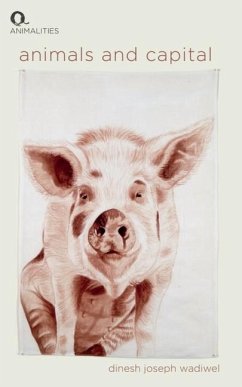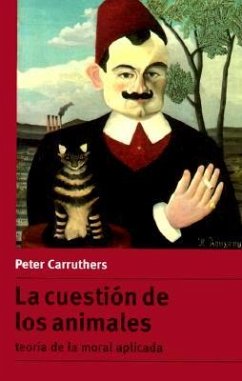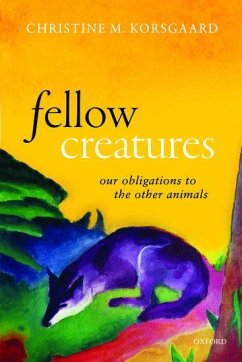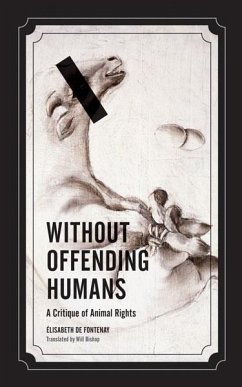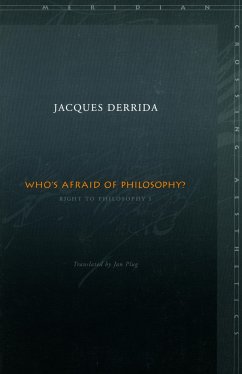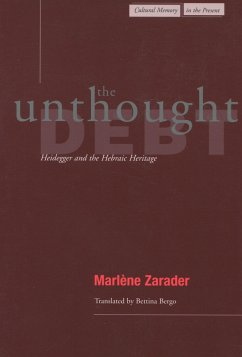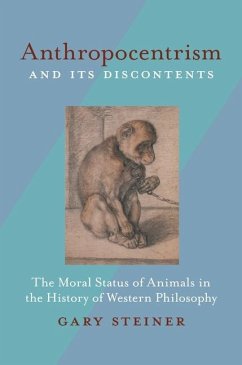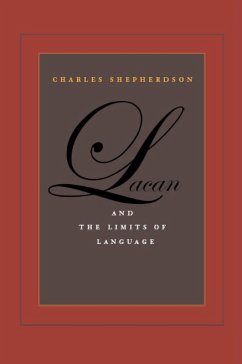
Versandkostenfrei!
Versandfertig in über 4 Wochen

PAYBACK Punkte
8 °P sammeln!




Matthew Calarco is Associate Professor of Philosophy at California State University, Fullerton.
Matthew Calarco is Associate Professor of Philosophy at California State University, Fullerton.
Produktdetails
- Verlag: Stanford University Press
- Seitenzahl: 88
- Erscheinungstermin: 24. Juni 2015
- Englisch
- Abmessung: 200mm x 126mm x 7mm
- Gewicht: 99g
- ISBN-13: 9780804794046
- ISBN-10: 0804794049
- Artikelnr.: 42649691
Herstellerkennzeichnung
Libri GmbH
Europaallee 1
36244 Bad Hersfeld
gpsr@libri.de
Für dieses Produkt wurde noch keine Bewertung abgegeben. Wir würden uns sehr freuen, wenn du die erste Bewertung schreibst!
Eine Bewertung schreiben
Eine Bewertung schreiben
Andere Kunden interessierten sich für


